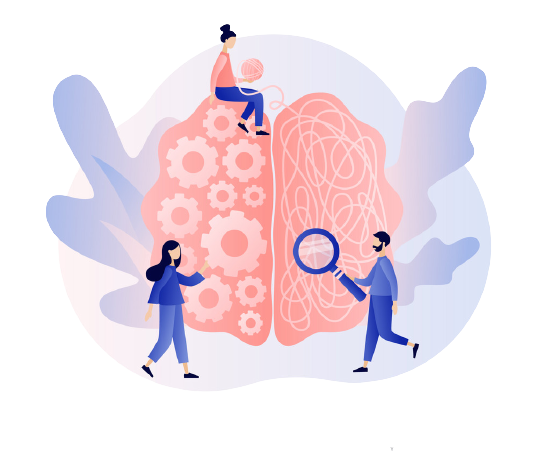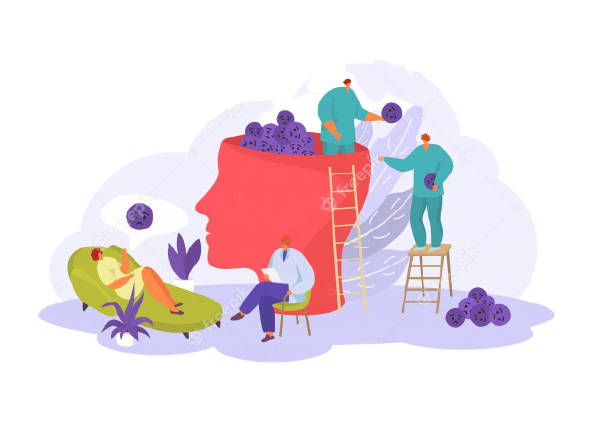Psychology
Try implimenting psychology in your daily life and in your business website as well and notice changes by yourself in you revenue and growth rate. Results will speak for itself.
Psychology Matters more than you think

Branding
Why Psychology is important ?
Most startups and small businesses don’t know how to brand. They stick a random logo on t-shirts and business cards then consider themselves a brand.
However, branding is about the feeling people have when they encounter you. It’s about creating a meaningful connection with your audience and psychology plays an important role here.
Products
Some Main Highlights

Overall Colors
The use of color can affect a consumer’s emotional reaction to your website. For example, blue promotes calmness and trust, while green is associated with nature and money. Black promotes the idea of luxury.

Font Shape
Different typefaces spark different associations. Look at the Old English font used on the New York Times masthead – that connotes trust and authority. Sans serif fonts look sleek and modern.

Pattrens
As newspaper and magazine publishers learned long ago, readers tend to scan pages in a “Z” pattern. That means the most crucial elements of a site should be at the upper left, middle, and bottom right of a page.

Guiding Viewers
A smart web design company creates elements on pages to guide a reader’s eyes, eventually leading them to the design element you want them to focus on, often a link to another page or a call-to-action button.
This is just Tip of Iceberg !! Implement the stuff on your own website with Us
All the big Companies in the world from Lays to Apple to Psychology as their weapon.
Hobbes is the founding father of modern political philosophy. Directly or indirectly, he has set the terms of debate about the fundamentals of political life right into our own times. Few have liked his thesis, that the problems of political life mean that a society should accept an unaccountable sovereign as its sole political authority. Nonetheless, we still live in the world that Hobbes addressed head on: a world where human authority is something that requires justification, and is automatically accepted by few; a world where social and political inequality also appears questionable; and a world where religious authority faces significant dispute. We can put the matter in terms of the concern with equality and rights that Hobbes’s thought heralded: we live in a world where all human beings are supposed to have rights, that is, moral claims that protect their basic interests. But what or who determines what those rights are? And who will enforce them? In other words, who will exercise the most important political powers, when the basic assumption is that we all share the same entitlements?

